How to Prepare for Your Camino: Physical and Mental Prep
- Written by Lindsey Huster
- /
- 7 min read
- /
- Last updated 3 months ago
Keith and I walked the Portuguese Coastal Route of the Camino de Santiago earlier this year. This pilgrimage is 170 miles across Portugal and Spain. Although I had been regularly taking walks around our neighborhood when I found the Camino, I would need to step up my training to be prepared for this adventure. I also knew mental prep would be important for an enjoyable and successful trip.
Part 2: Essential Camino Prep: Route Planning and Packing
Part 3: How to Prepare for Your Camino: Physical and Mental Prep (this post)
Part 4: Lodging on the Camino: From Hostels to Hotels
Part 5: Food on the Camino: Highlights and What to Expect
Part 6: A Day in the Life on the Camino: What to Anticipate
Part 7: Camino Insights: Questions We Didn't Cover
Part 8: Camino Highlights: Our Favorite Moments and Lessons Learned
Part 9: Exploring Santiago de Compostela: What to See and Do
Part 10: Before and After the Camino: Amsterdam, Porto, and Paris Adventures
Please comment below if you have questions you would like answered in the posts or if there is something I don’t cover that you’d like to know.
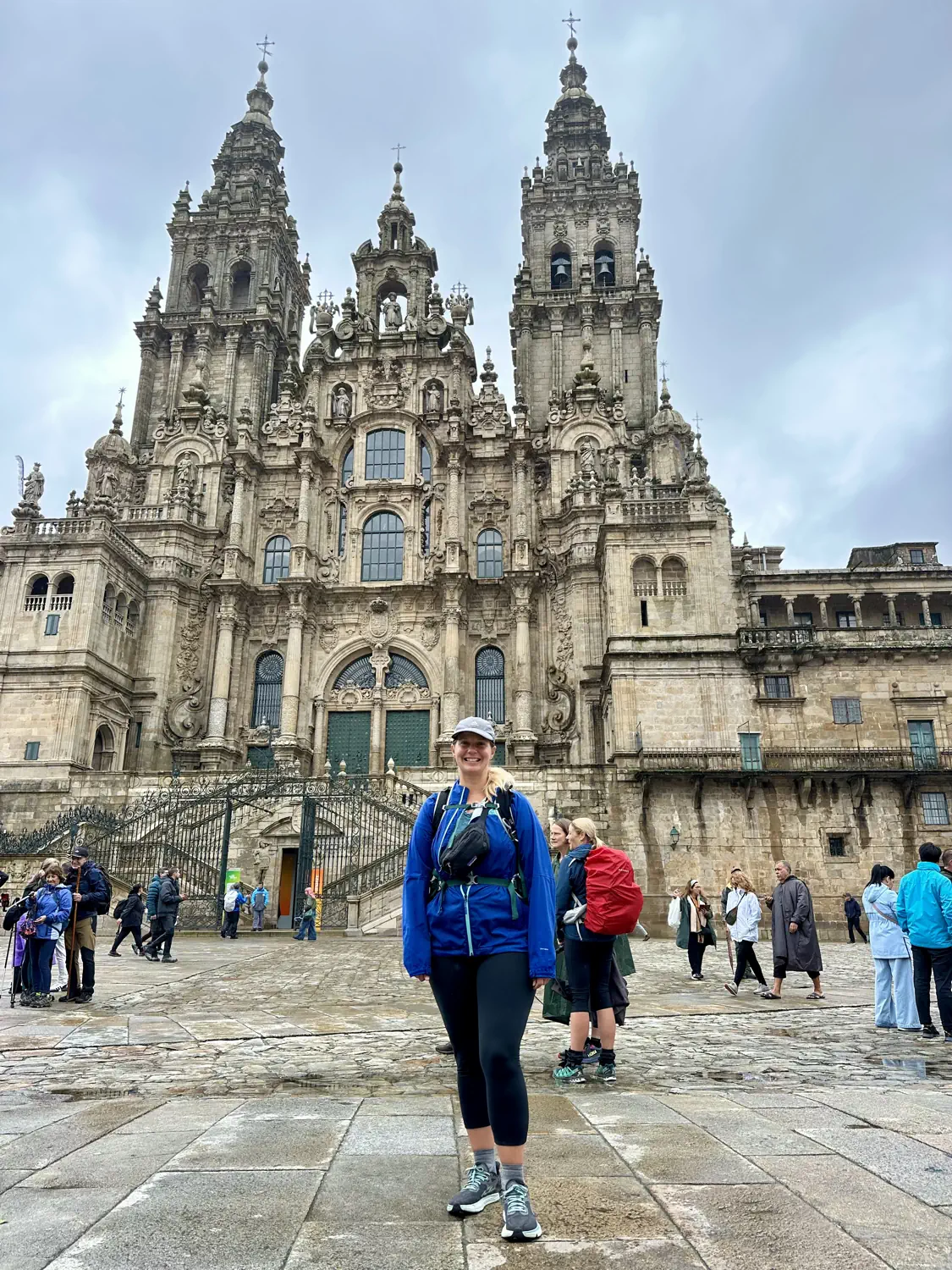
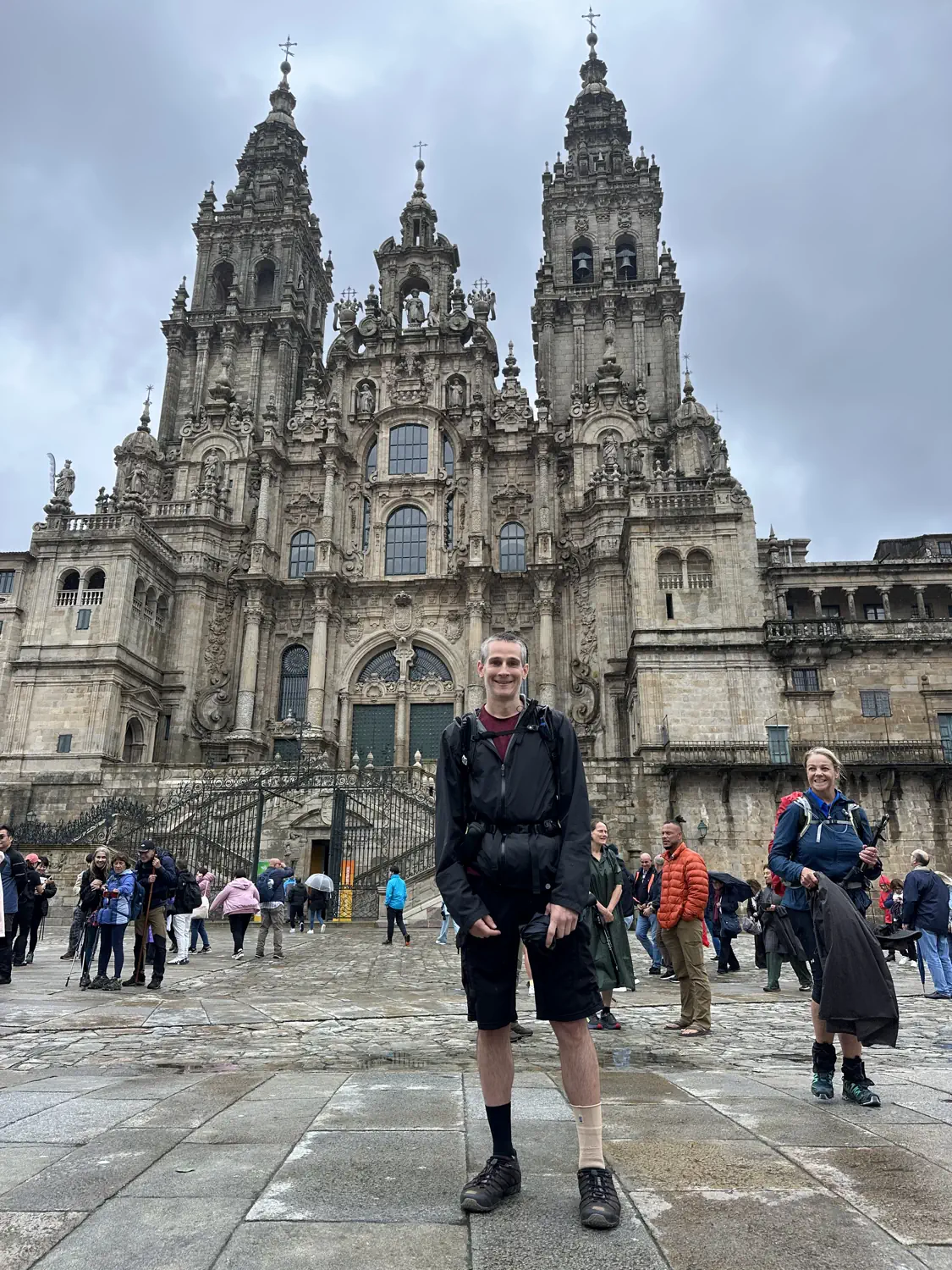
Gallery of Keith and Lindsey individually standing in front of the cathedral in Santiago de Compostela, each feeling proud that they completed the journey.
Physical Preparation
I had already been walking around the neighborhood in early Spring and was trying to do it more consistently. I enjoyed those walks so much that once I discovered the Camino, it seemed like something I’d enjoy working towards. I had never “trained” for anything, so this would be challenging. I wanted to make sure I was very prepared physically. I knew the trip would involve several challenges for me, and I felt like being physically prepared was the easiest way to get ahead before arriving in Portugal.
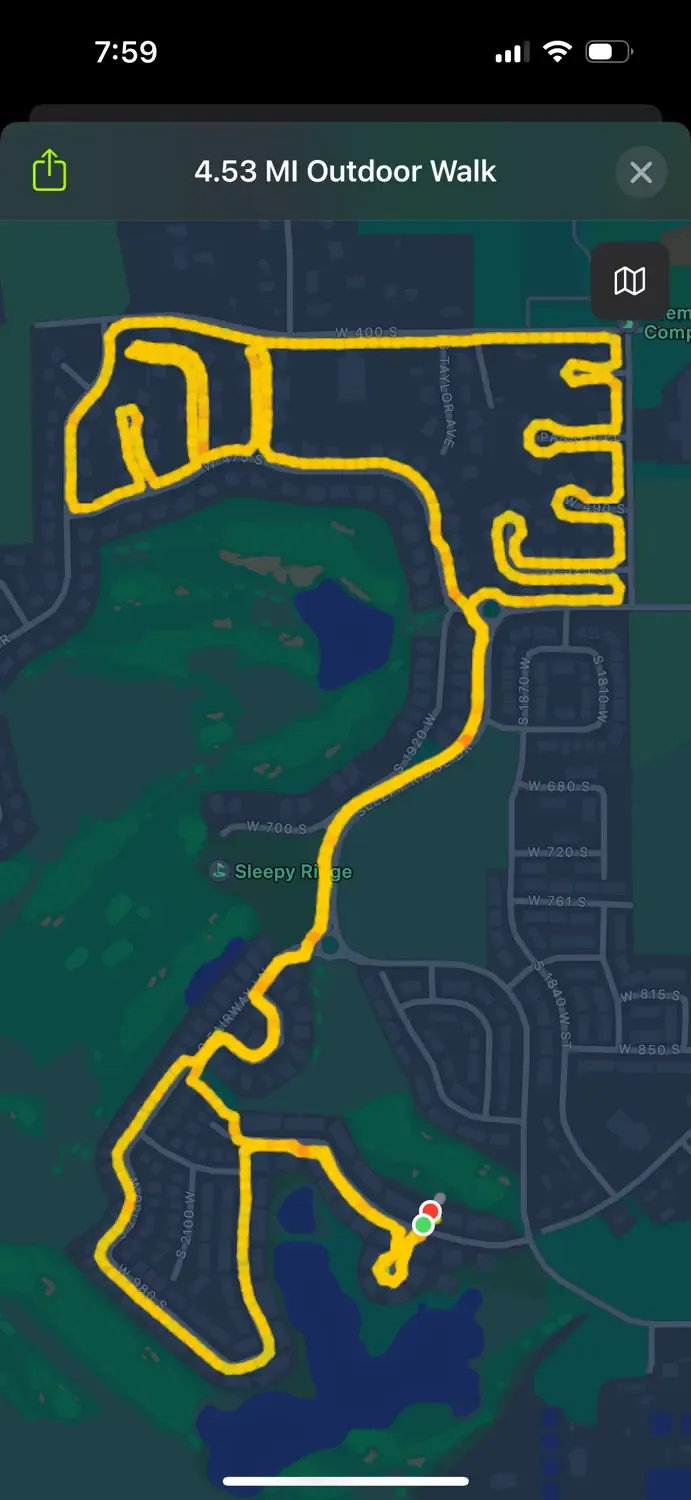
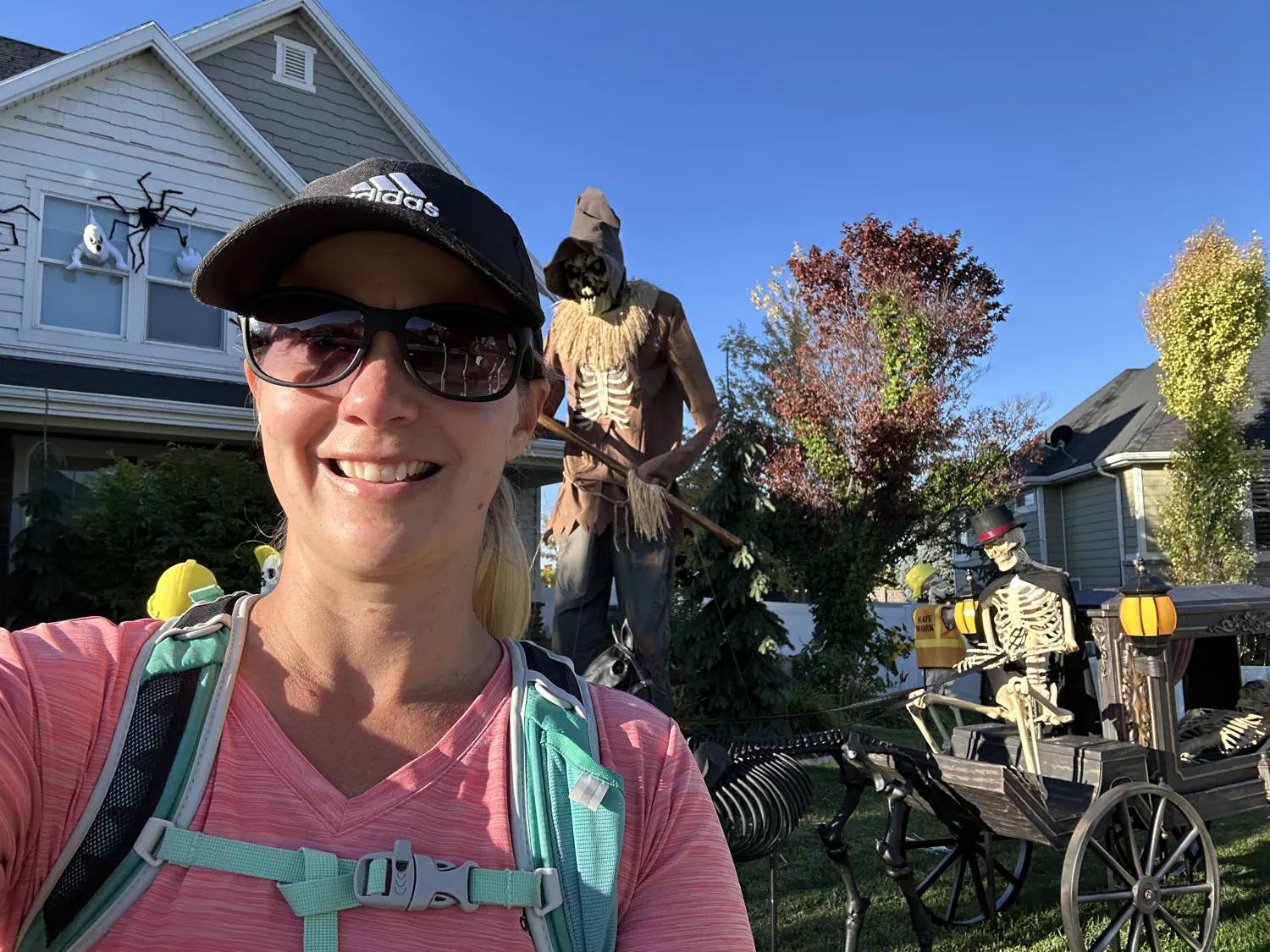
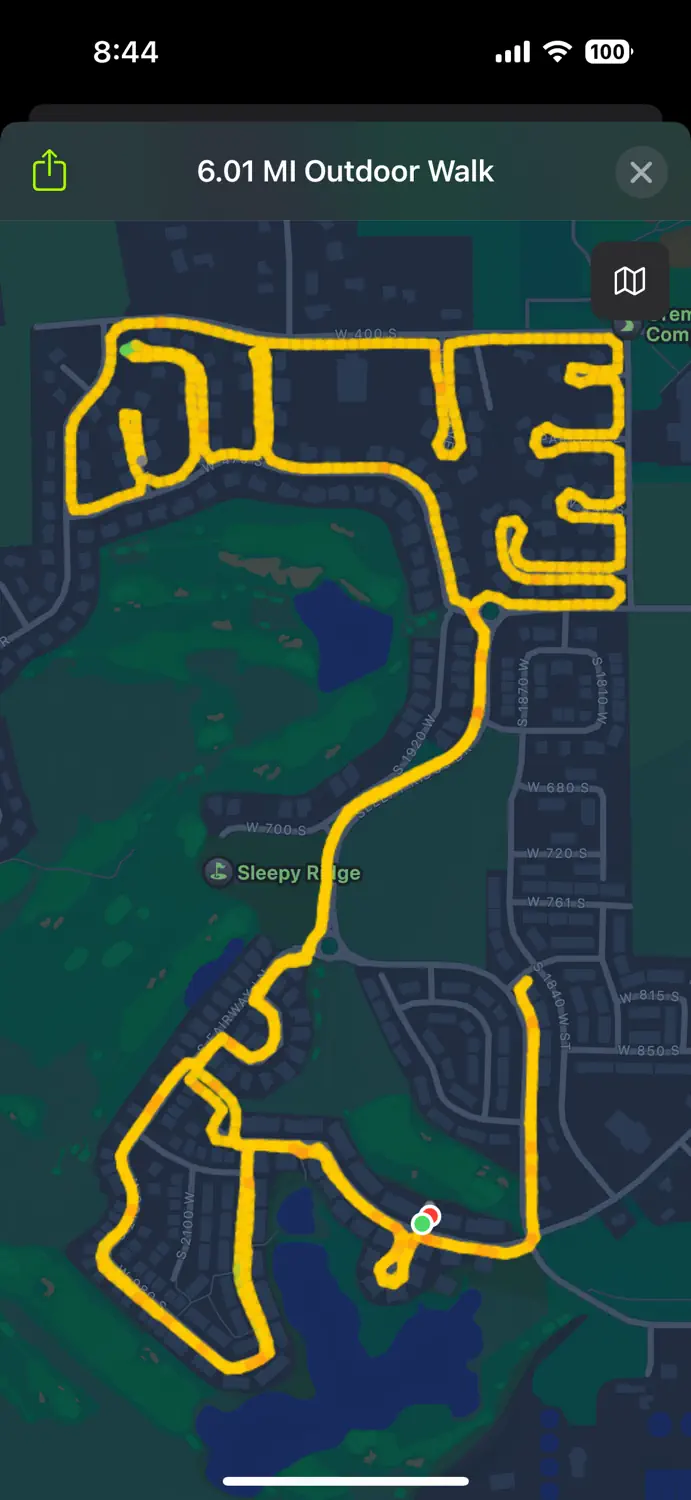
Gallery of Lindsey walking her neighborhood to physically prepare for walking 170 miles.
I searched for some training advice online and didn’t find any week-by-week plans that seemed to match my current ability and where I wanted to be before leaving. I decided to use ChatGPT to create a plan. This worked well and gave me a better idea of how to scale up properly for distance and carrying a backpack. Ultimately, I was able to follow the plan (with an estimated 85% accuracy) for practice walks and I feel it gave me exactly what I needed to prepare myself.
The plan was in two identical week increments. I was shocked at how hard the first week was and then how much easier it was when I repeated it the next week. It was also a great mental preparation to see that things would get easier and that I could indeed do it.
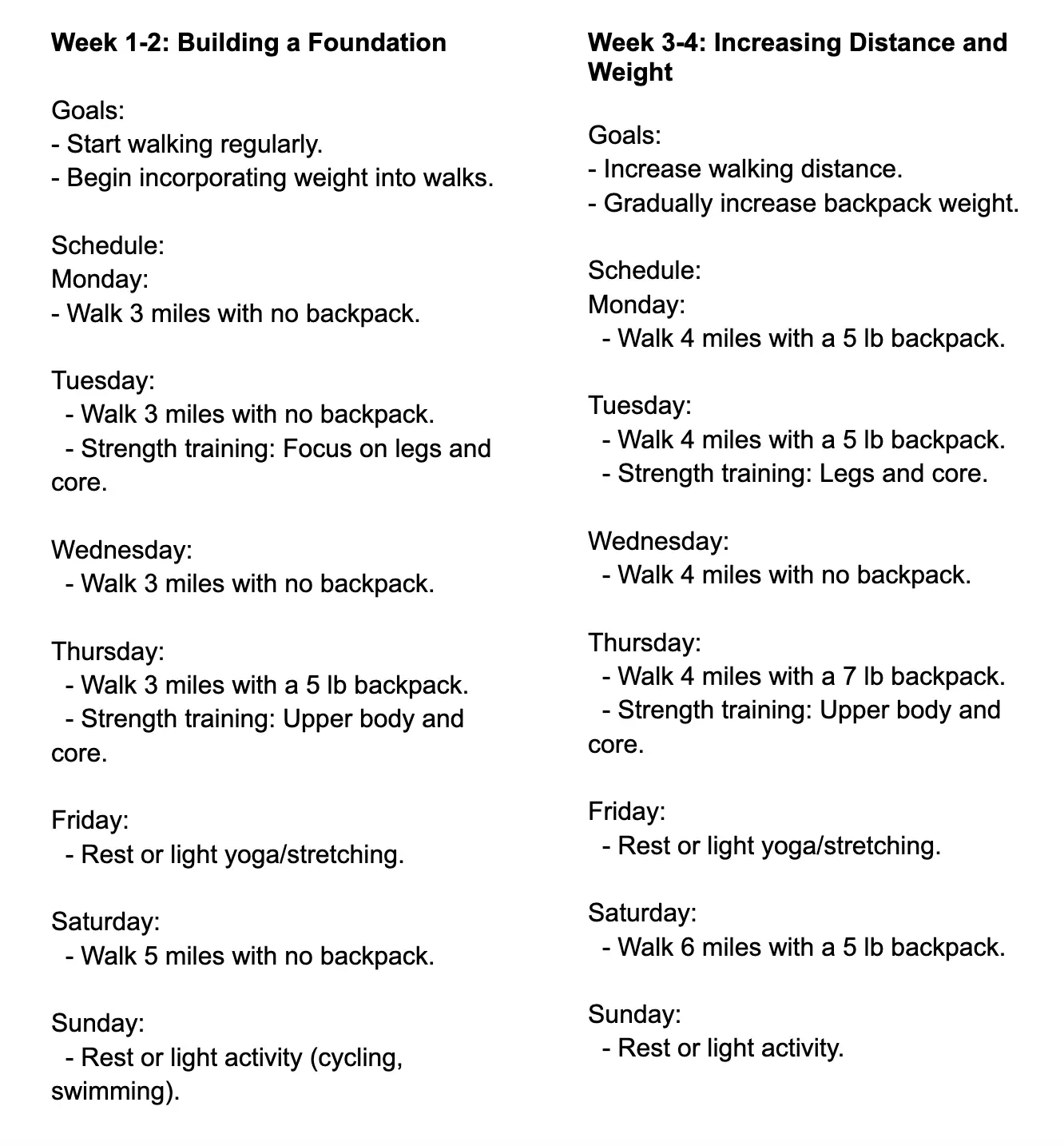
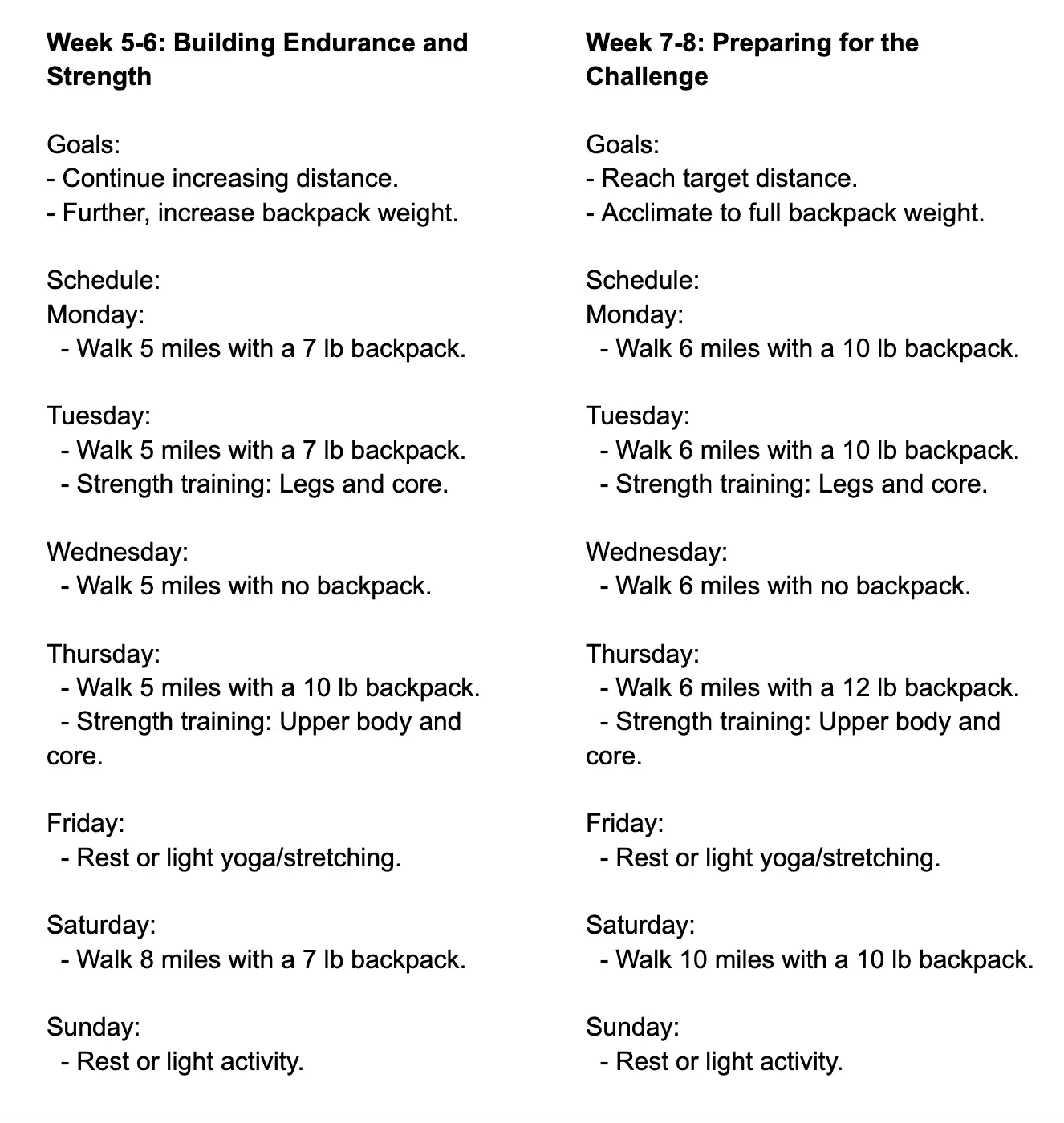
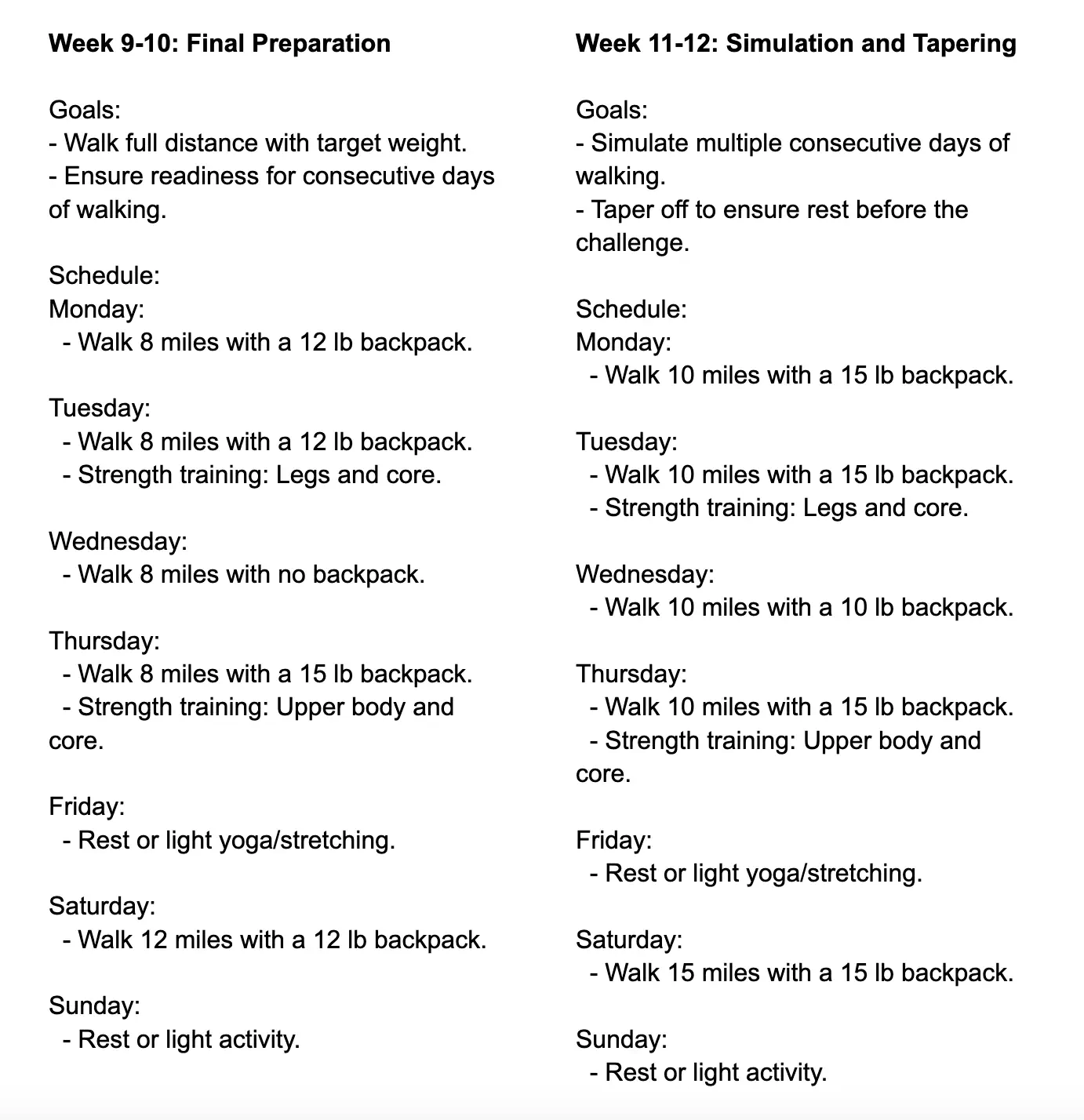
Gallery of the training plan ChatGPT helped me create to prepare for the Camino
It was incredibly important for me to include elevation gain in my training. Living at the base of the Wasatch Mountains gave me the advantage of having plenty of steep trails to practice on, but it was a bit difficult to find a trail that would give me the optimal elevation gain over a long distance.
For that reason, I typically did 3 walks around our neighborhood, which is no elevation gain, and then 2 walks each week on the local mountain trails. I was able to find three routes that gave me the distance I needed and 350 ft - 1000 feet of elevation gain. It was summer so we naturally did a few other hikes with more elevation gain, further adding to the training.
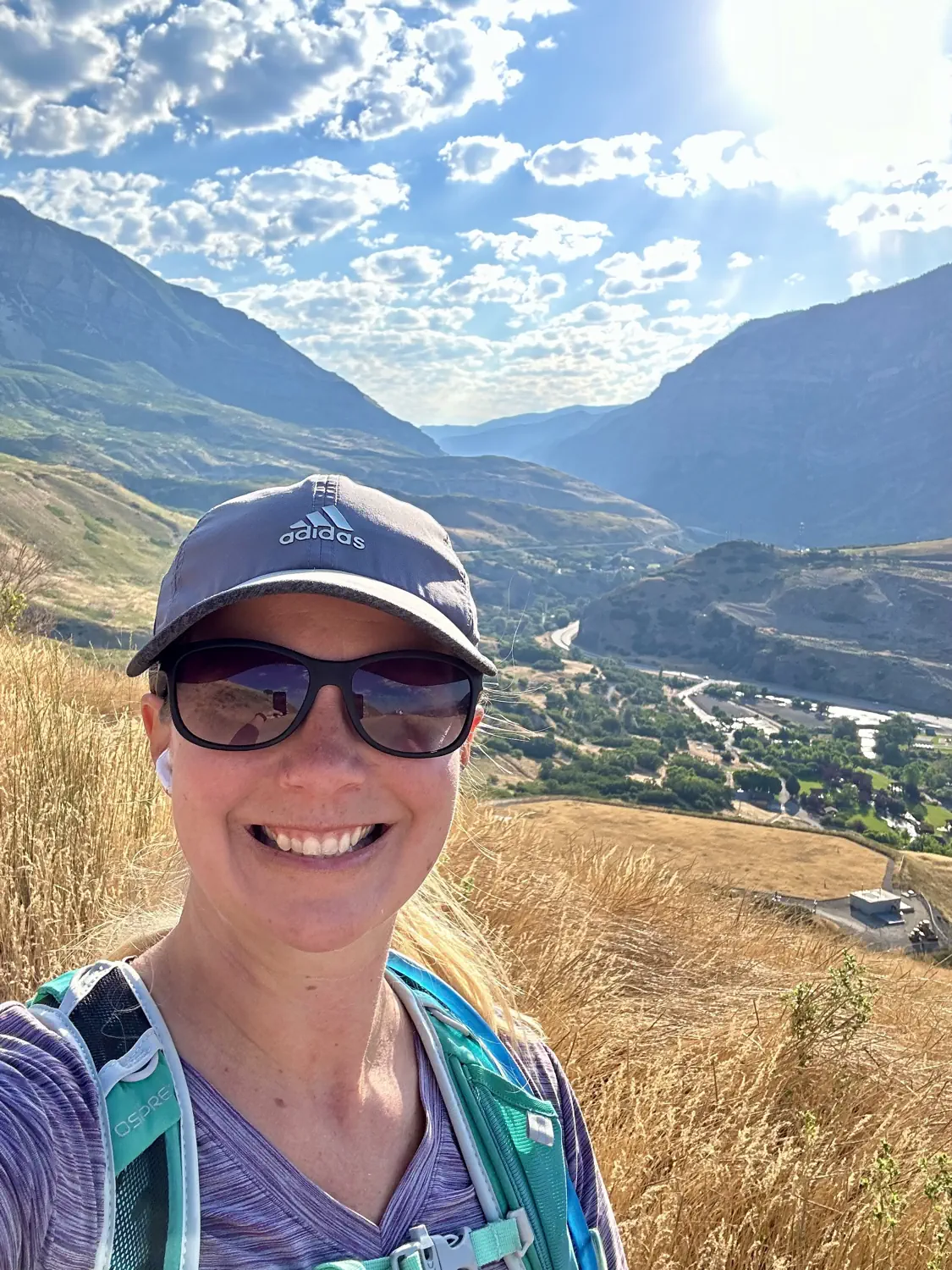
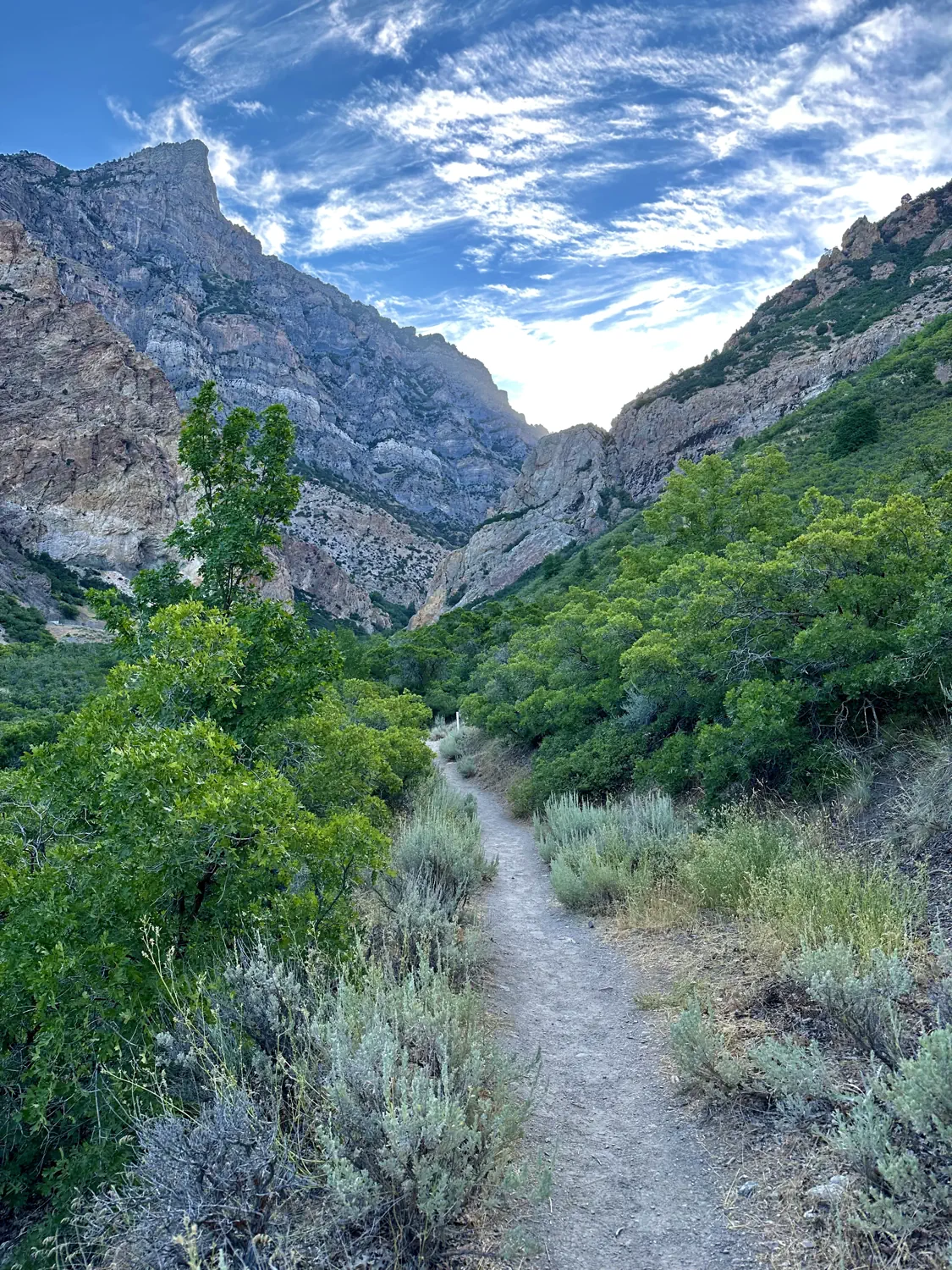
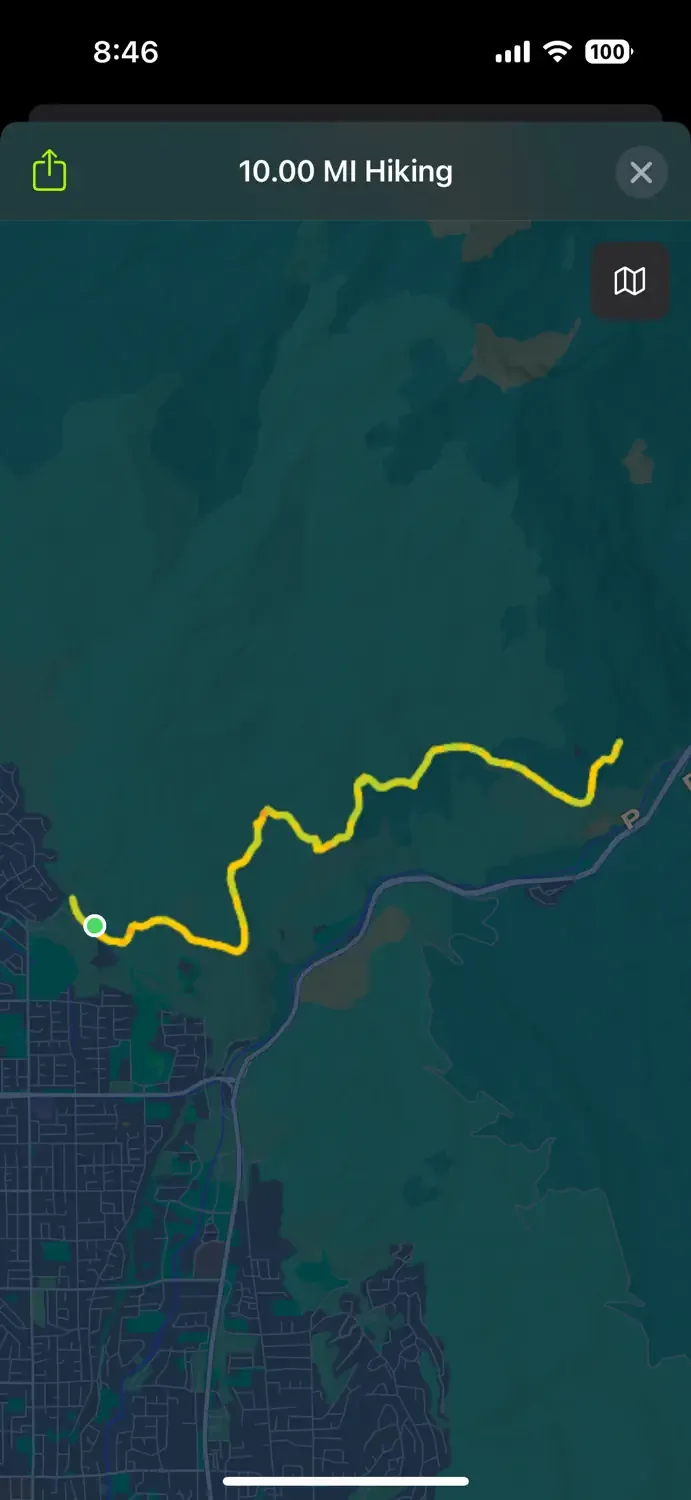
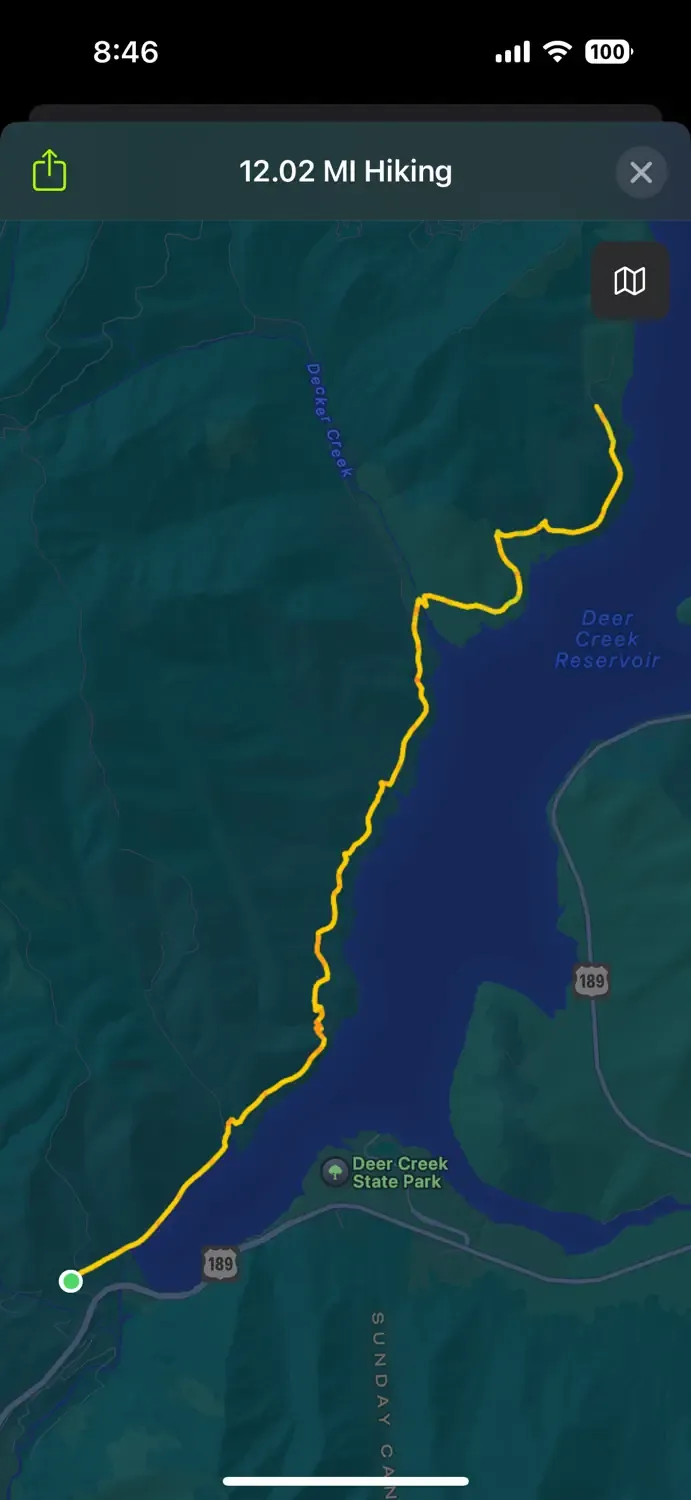
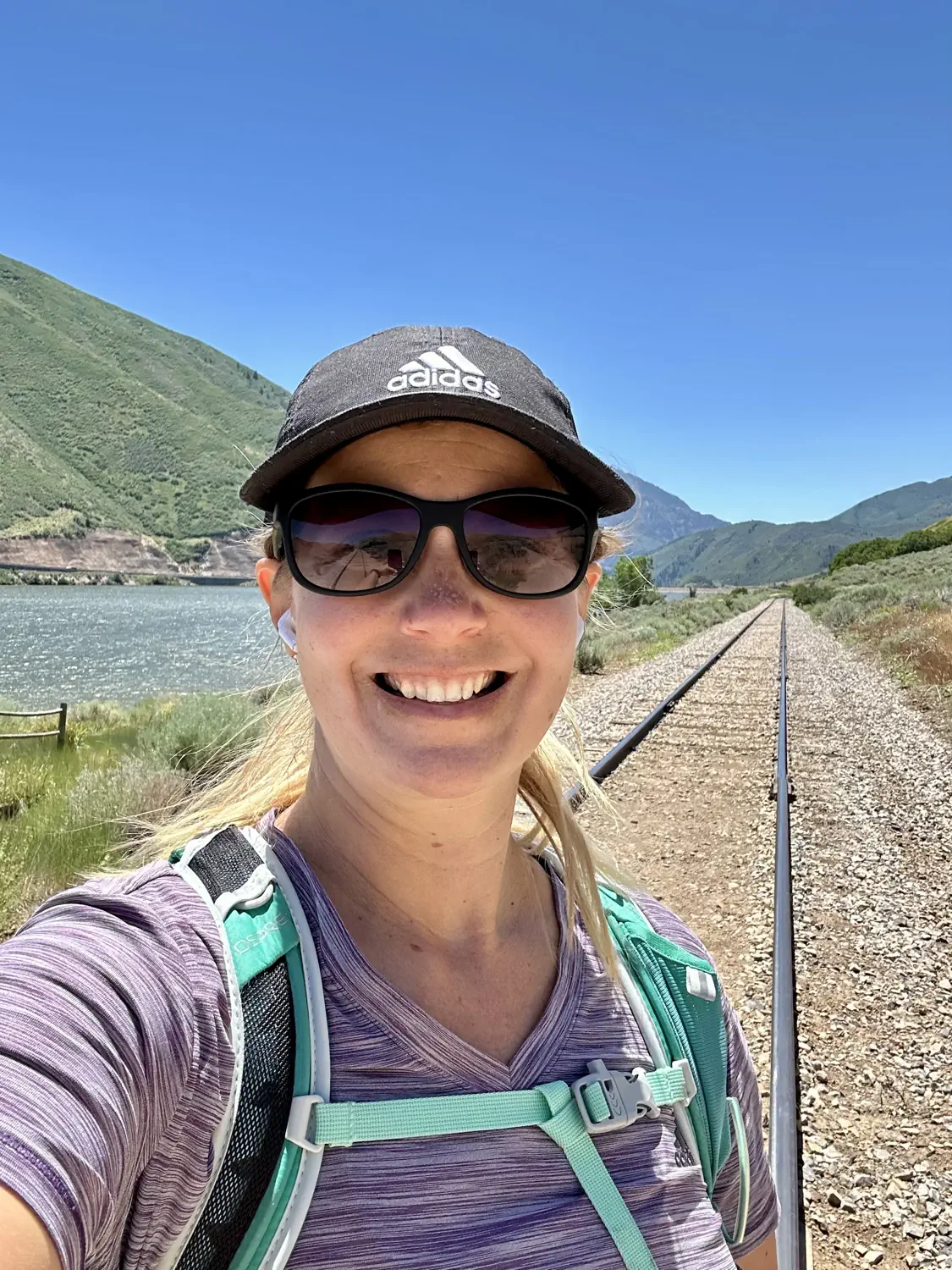

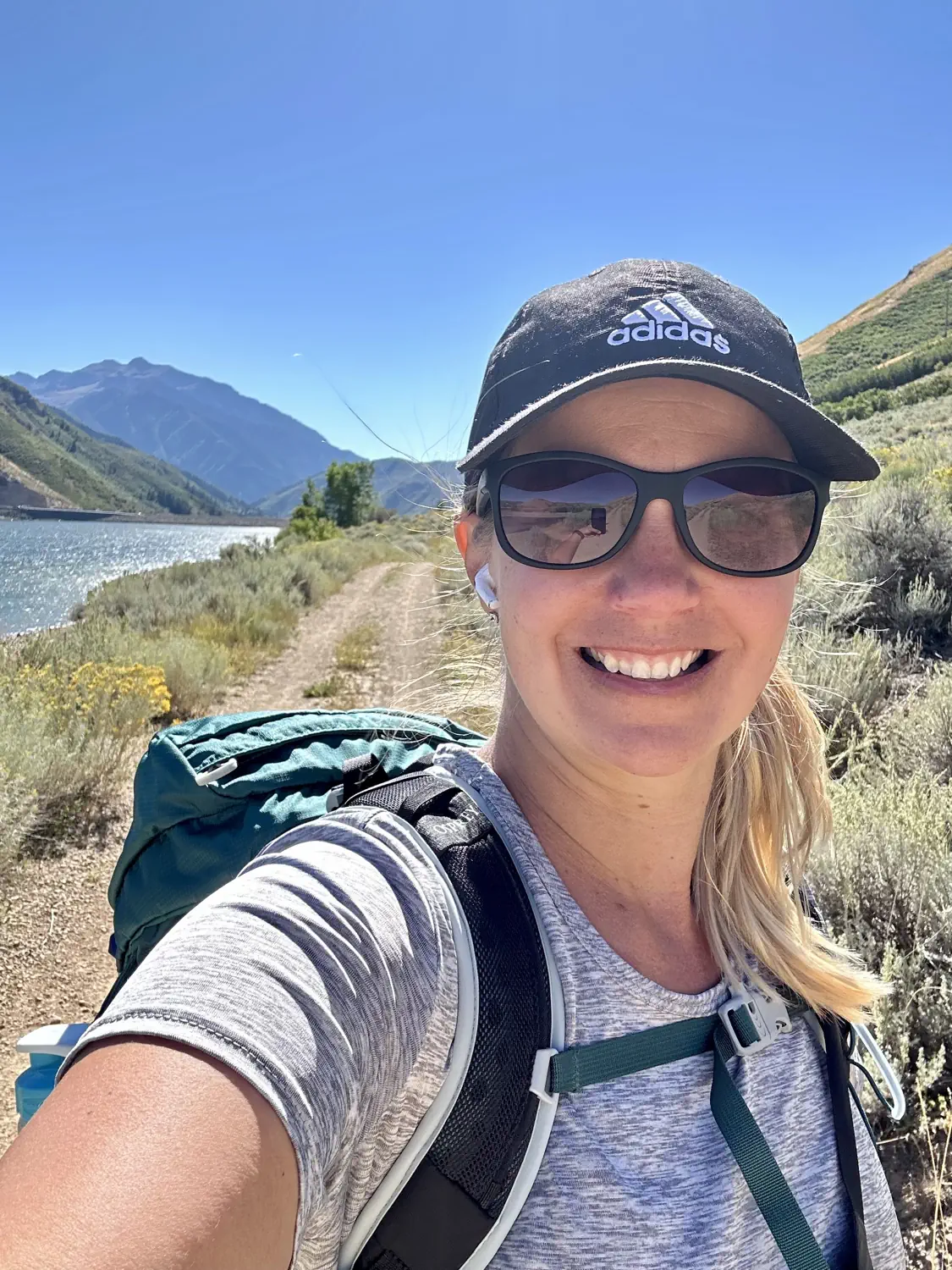
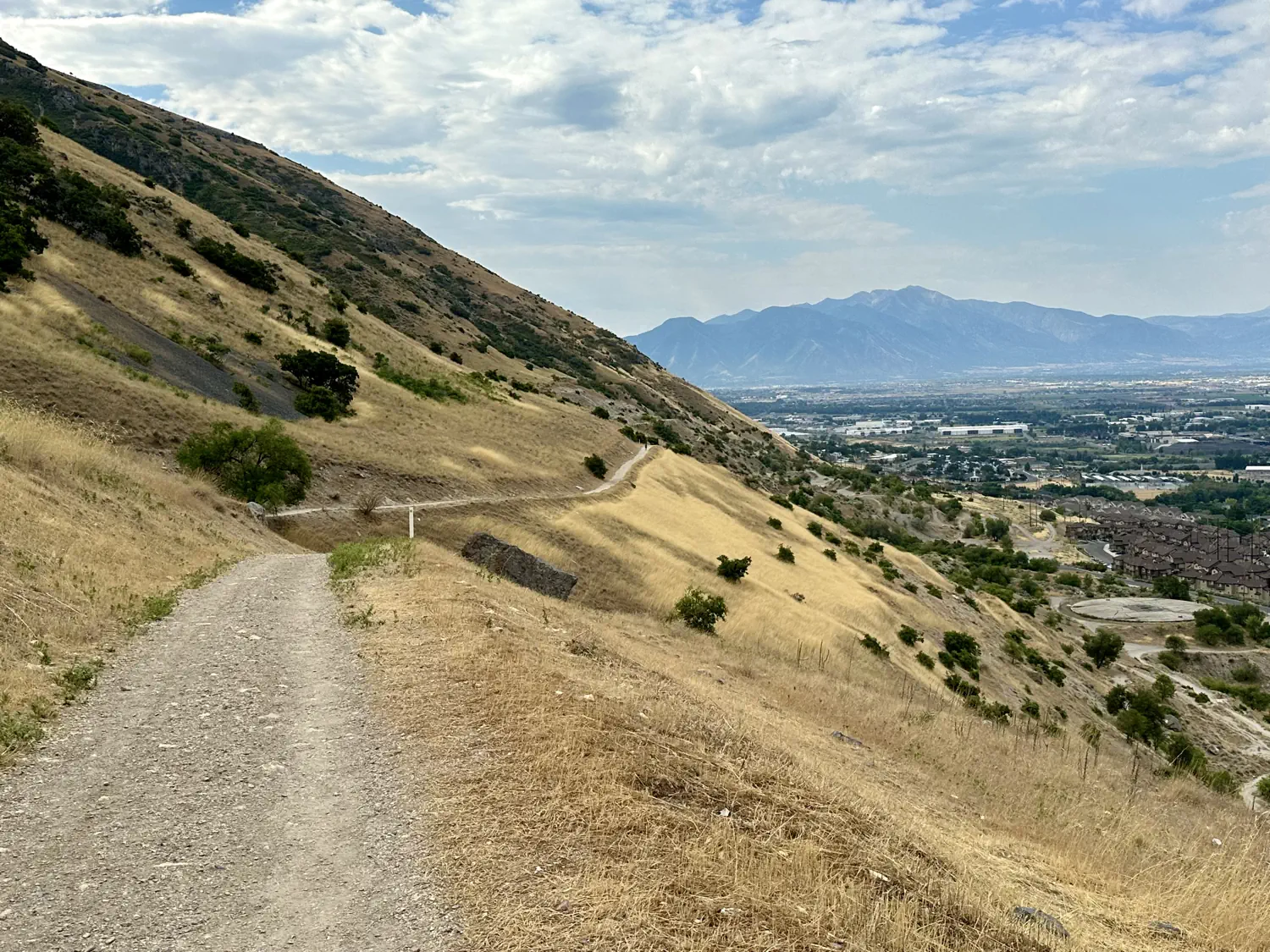
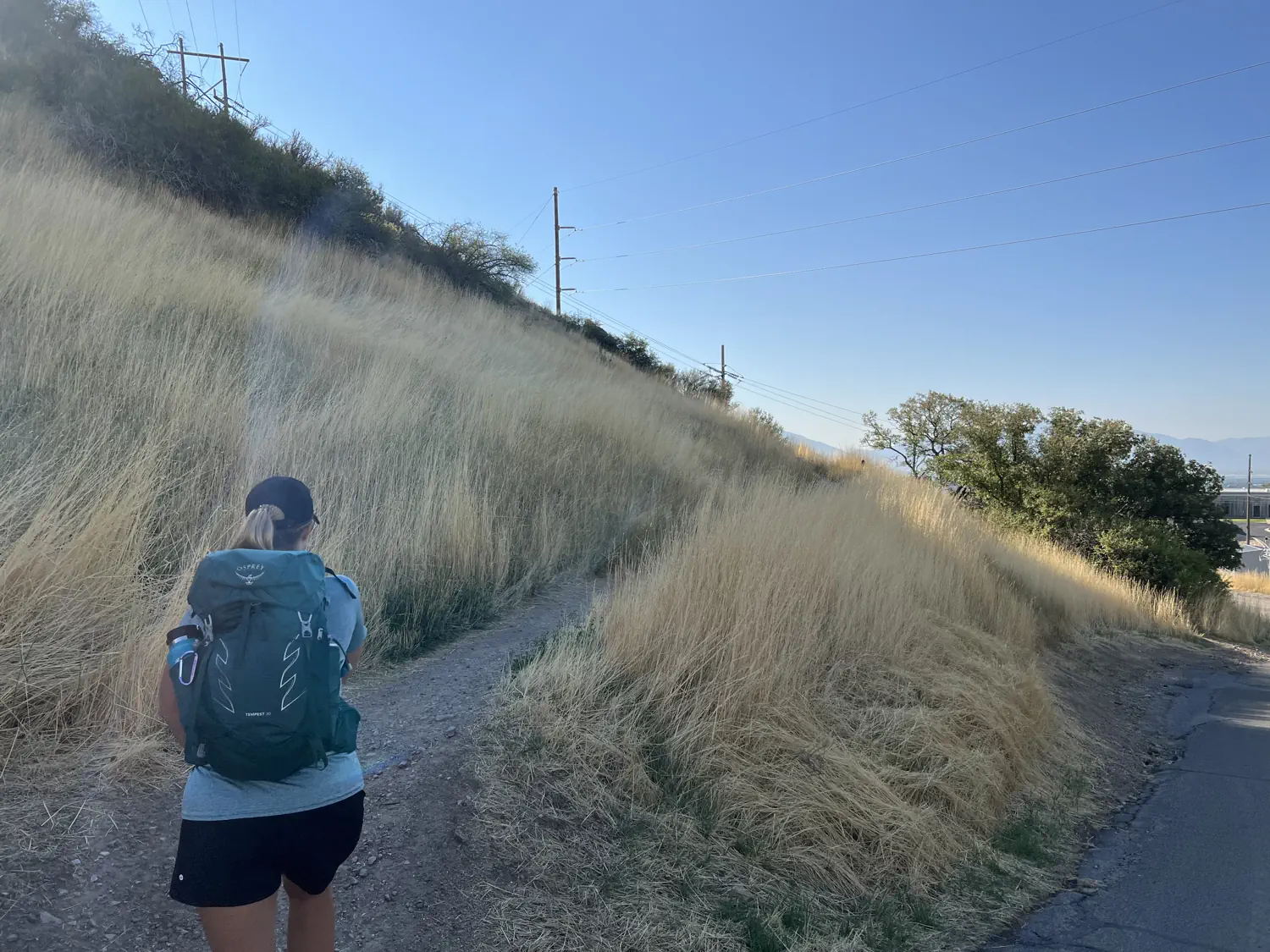
Gallery of Lindsey's hikes along the Wasatch Front. These hikes with some elevation gave her a better sense of what the long days would be like walking in Portugal and Spain.
A Time Commitment
It took a great deal of time to complete this training for the Camino. Plus, I often needed a nap in the afternoon once or twice weekly. I work part-time and make my schedule, this is the only reason it was manageable. It did take a lot of effort and some days I just wanted or needed to skip the training, especially in those final couple of weeks. At that point, I realized that missing a walk wouldn't impact my overall Camino but could improve my current mental or physical state at that moment. That’s important because I saw net positive results by occasionally skipping a walk. Oftentimes, my next walk was at a faster pace without trying. My watch automatically tracks pace and I wasn’t concerned about pace as much as I was using it for planning purposes once those walks got longer and I was planning my day/week. I also noticed that skipping a day made me more excited to get back out for a walk the next day.
Another aspect of training that sometimes had a positive or negative impact was boredom. I knew I wouldn't be bored while actually on the Camino, but there were days when walking for hours got really boring. I always had a podcast or audiobook cued up before I left the house. I also found that talking on the phone really upped my pace and the time flew by.
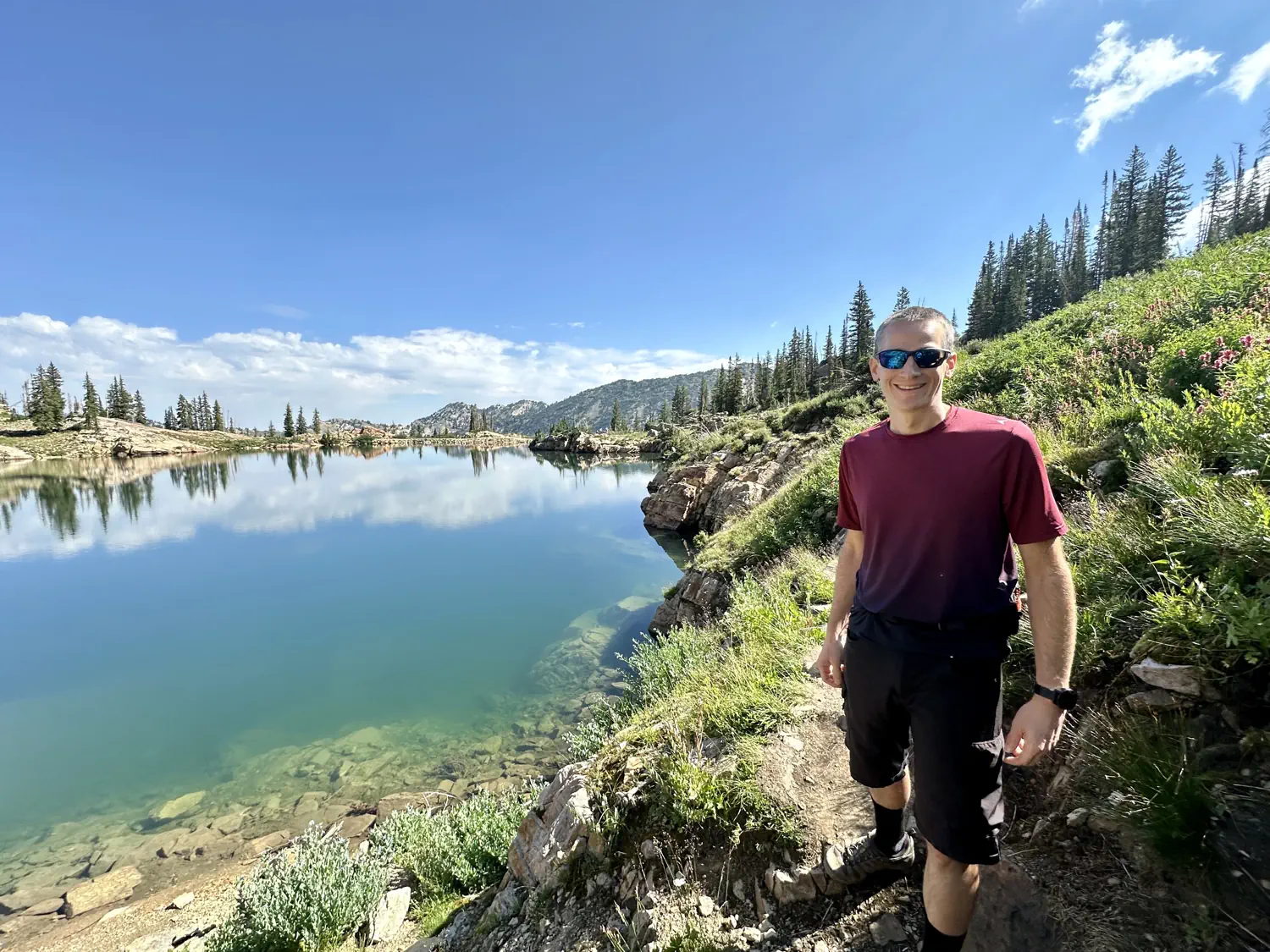
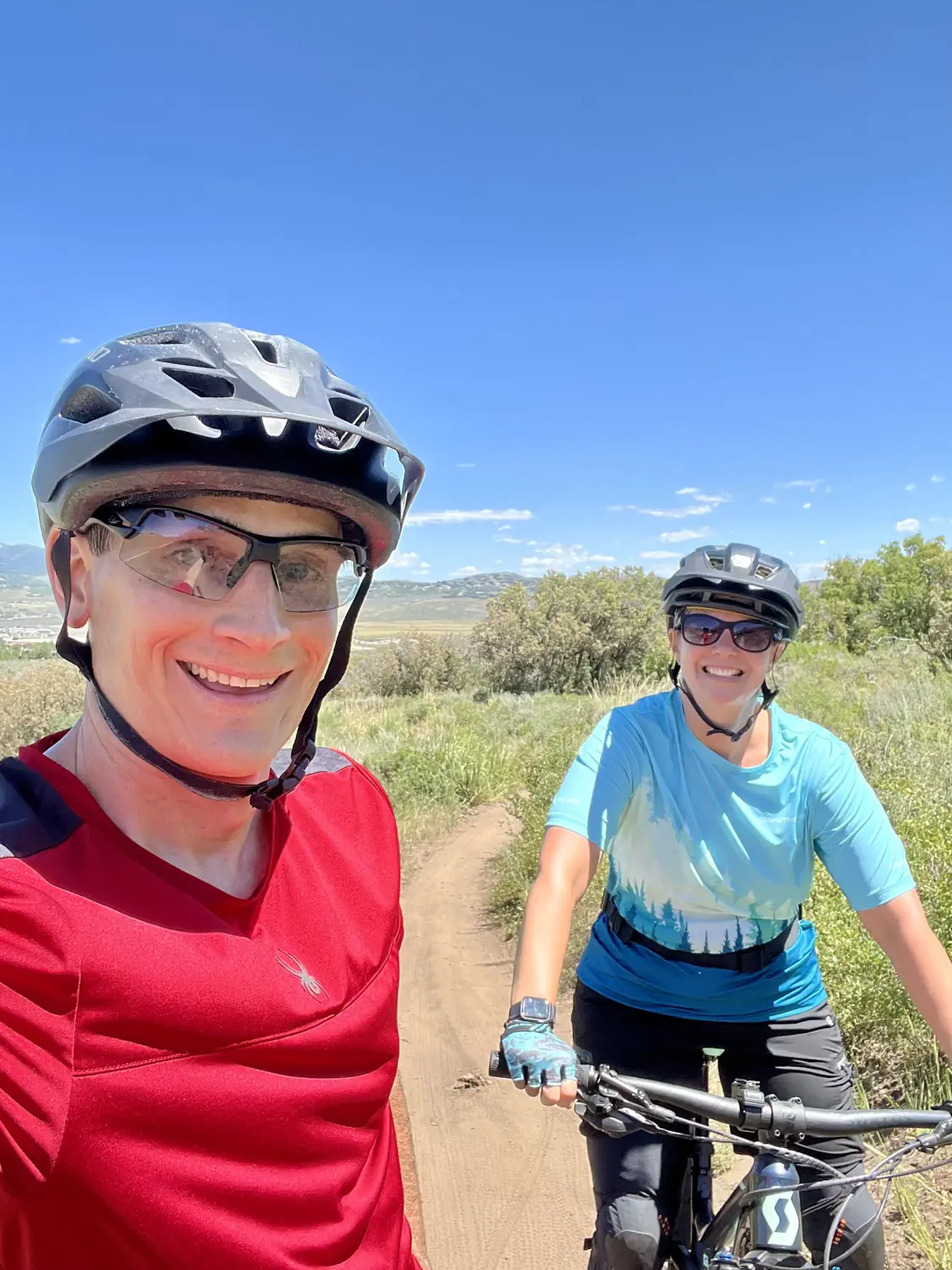
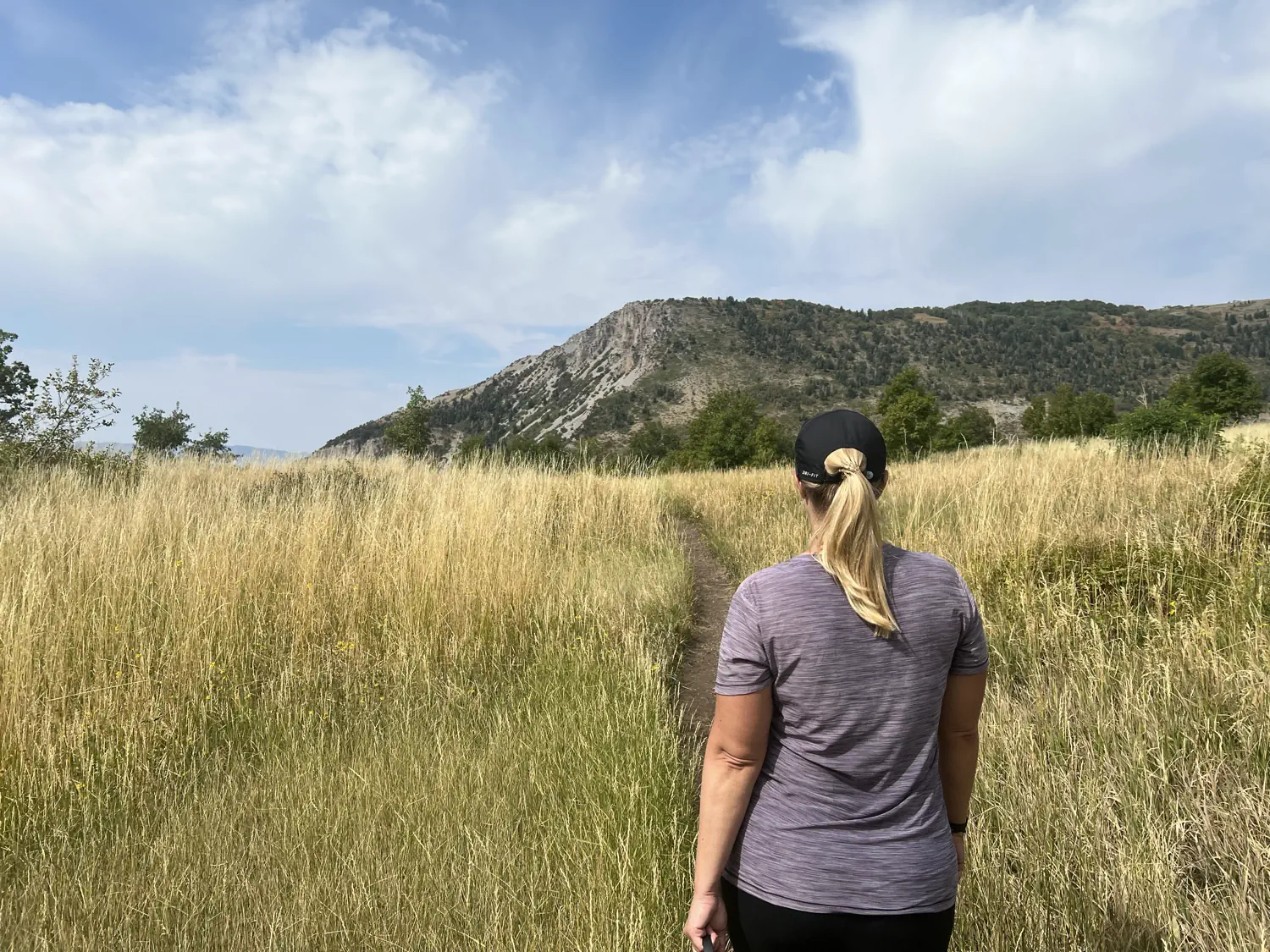
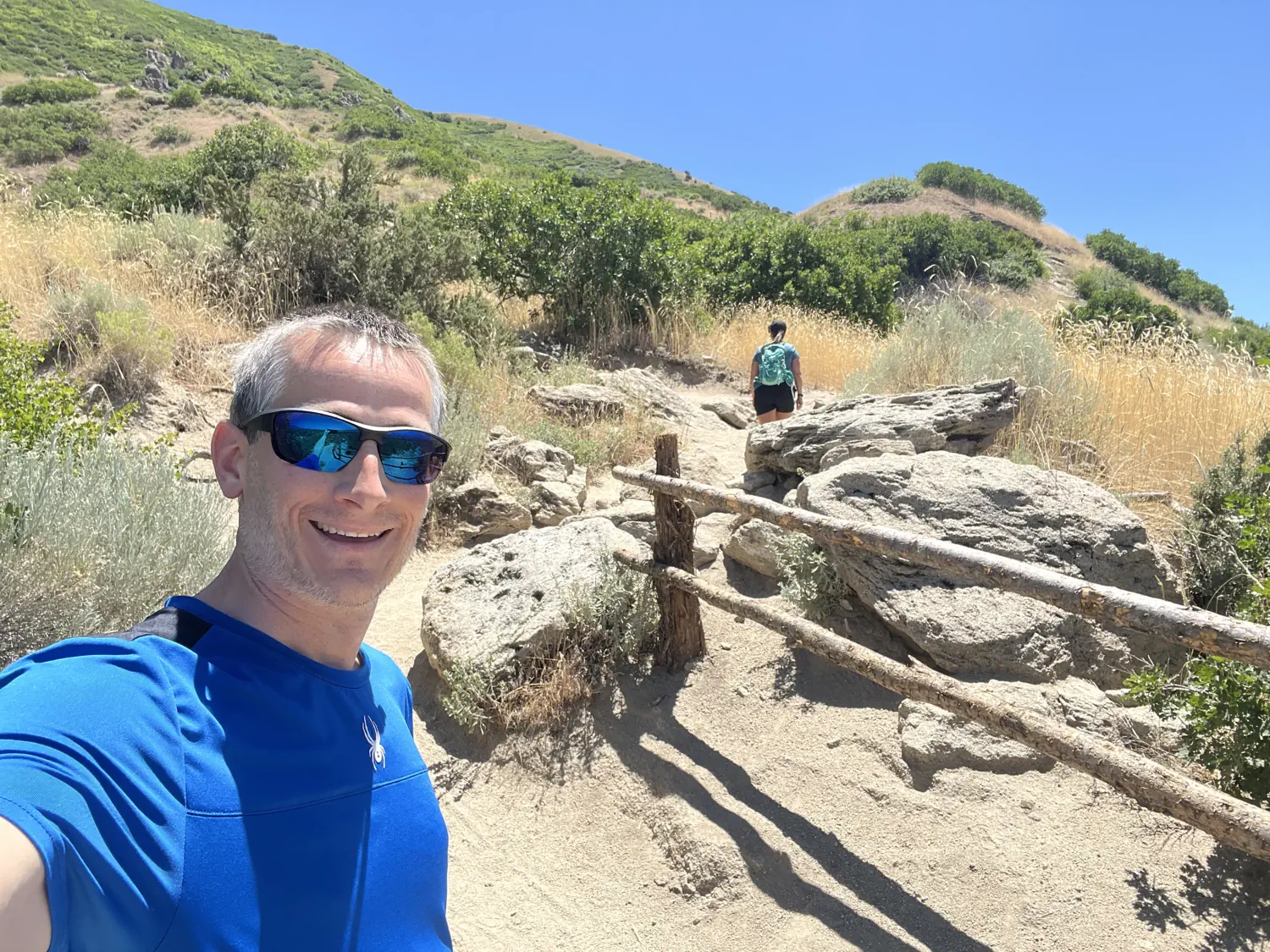
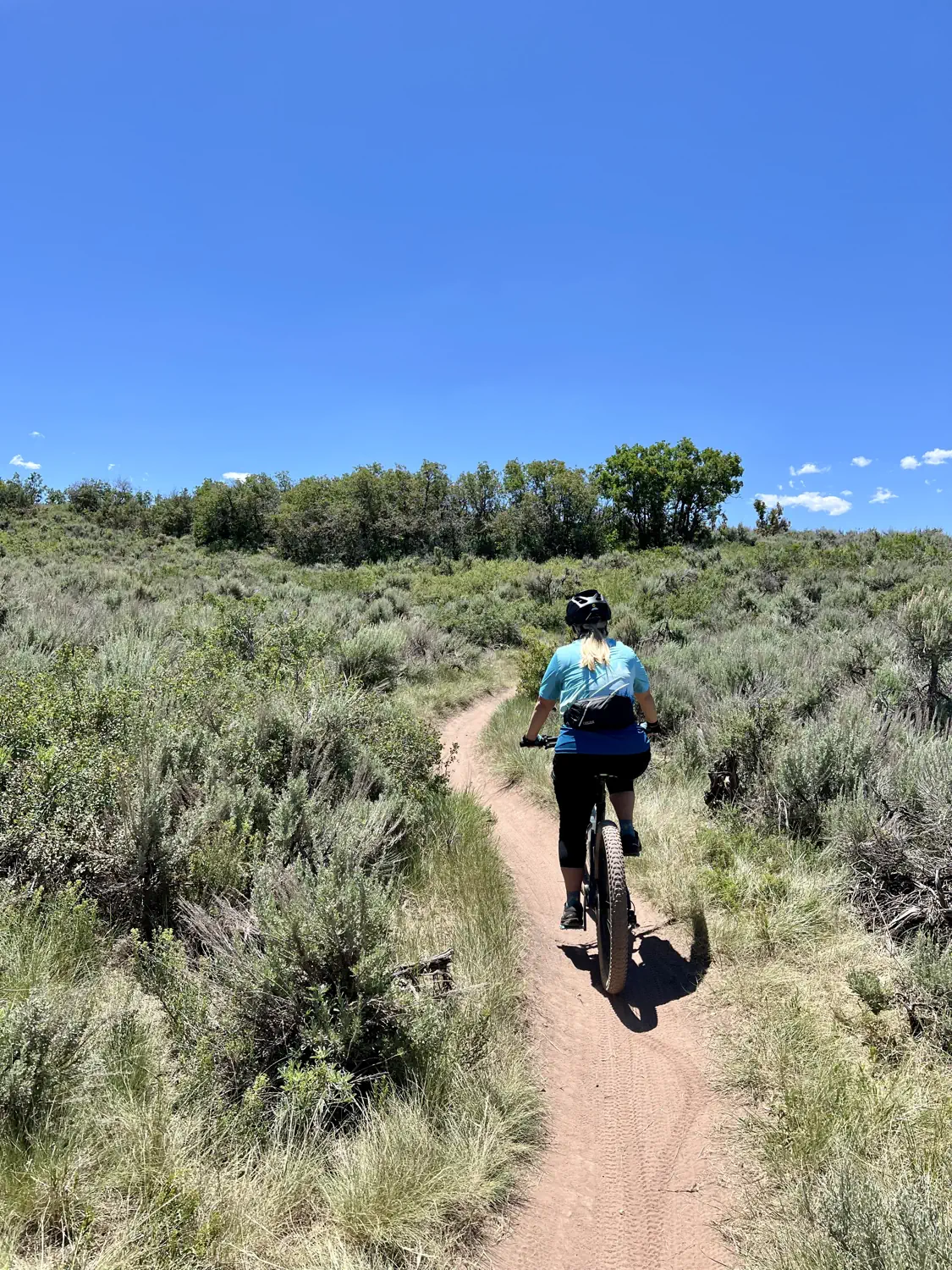
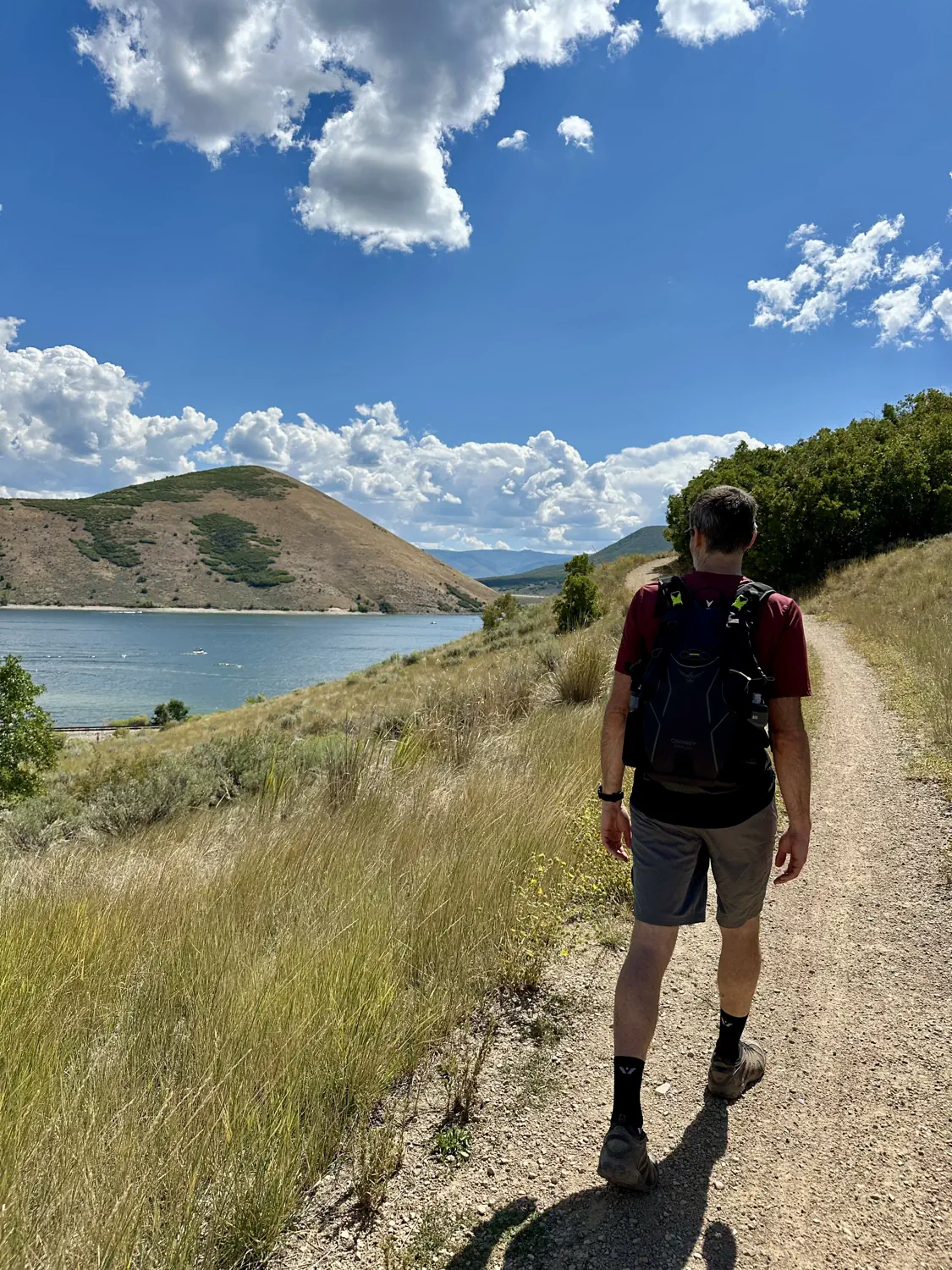
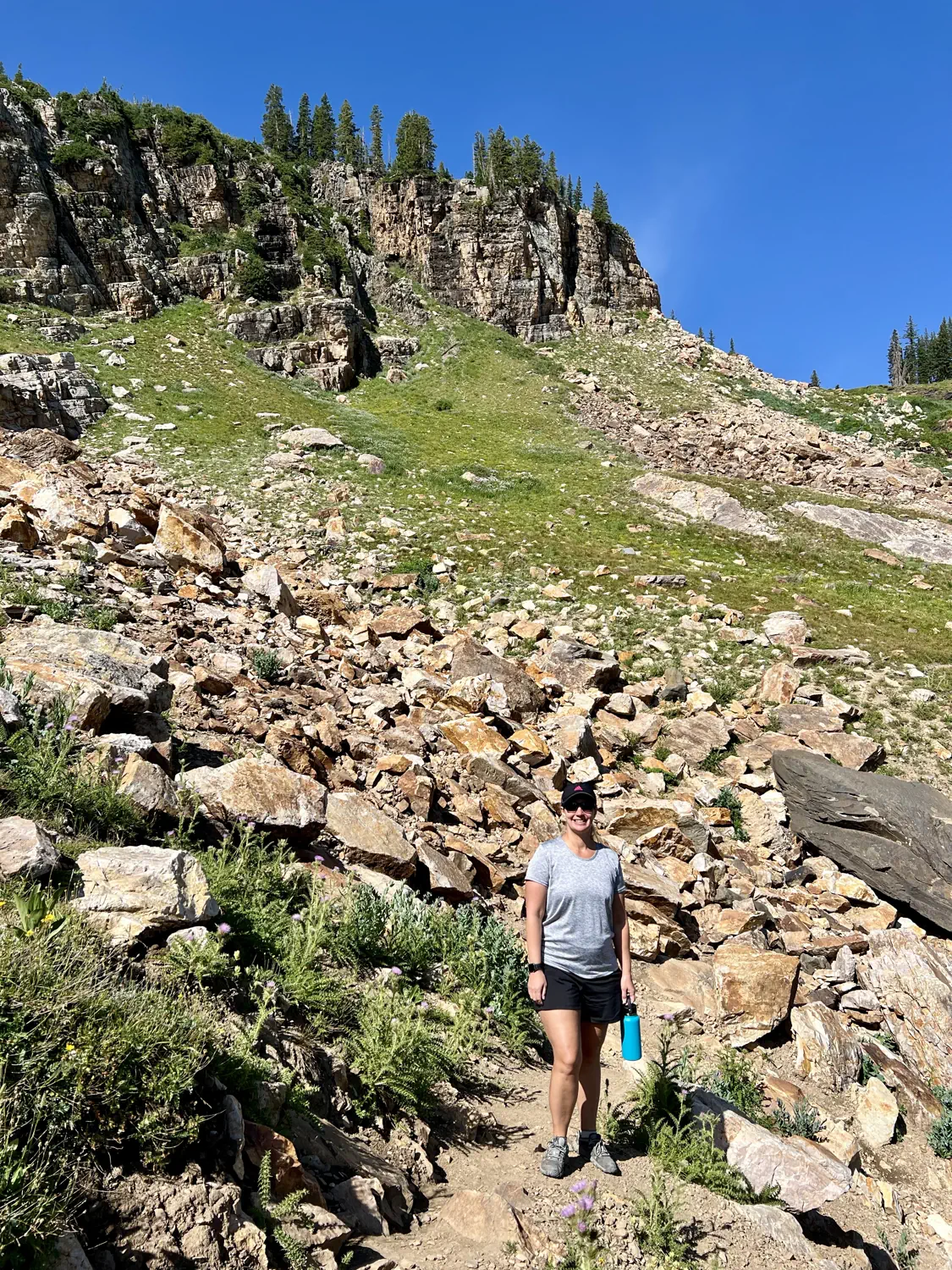
Keith and Lindsey enjoying some of their typical hiking and biking trails. These didn't seem as much like Camino prep, but truly helped with their fitness.
Mental Preparation
As the travel date got closer, I began to worry more about the mental aspect of the Camino. I had spent so much time on my packing list and physically preparing that thinking about the mental part of a challenge started to get to me. I know that I don’t have a good mental game track record. This shows up while skiing, hiking, mountain biking, etc. I can get very tired, hungry, grumpy, frustrated, negative, etc. I began reading about advice for long-distance athletes, ex. Pacific Crest Trail (PCT), since it seemed somewhat related and went to extreme challenges. I felt like I needed some extreme advice.
Advice I Found Helpful
- Make an extensive list of WHY you are choosing to do this. List every practical and impractical reason. You never know what might be helpful in the moment of wanting to give up.
- Expect a transition period before it becomes routine. Plan days around how you might be feeling. Do you expect the first day to be more difficult mentally or physically, what can you do to offset this or combat the feeling- ex. Incorporate fun, free time, etc.
- Expect emotional roller coasters and accept whatever comes your way realizing that it is temporary.
- Make micro goals.
- Use a mantra.
- Trust the process and know that it gets easier.
- Don’t quit on a bad day. A bad day is usually a lack of a basic need; rest, sleep, water and/or proper nutrition, etc.
I did write down a list of my "why". Writing it down made it more concrete in my memory and those reasons were a comfort when I was struggling and asking myself why am I even doing this. I also repeated a mantra in my head during some of the hardest parts of the Camino, the times when I was tired and hungry and it just kept raining. There were days that we planned where we’d probably stop for meals, counting down those smaller chunks of time/miles helped create those micro goals for me. This was especially helpful on the longer days. Rereading these mental tips during the trip did help me.
Upcoming Post
Next week I’ll share about the lodging options along the Camino. We stayed in hostels, shared houses, private houses, and hotels. Each has its unique benefits and you might be surprised by the amenities offered at some hostels. I know I was!
Have you ever prepared for a big physical event? What tips help you? What about mental preparation for something like the Camino? Do you have any additional tips readers might find helpful? Let us know in the comments section below.👇 💬


